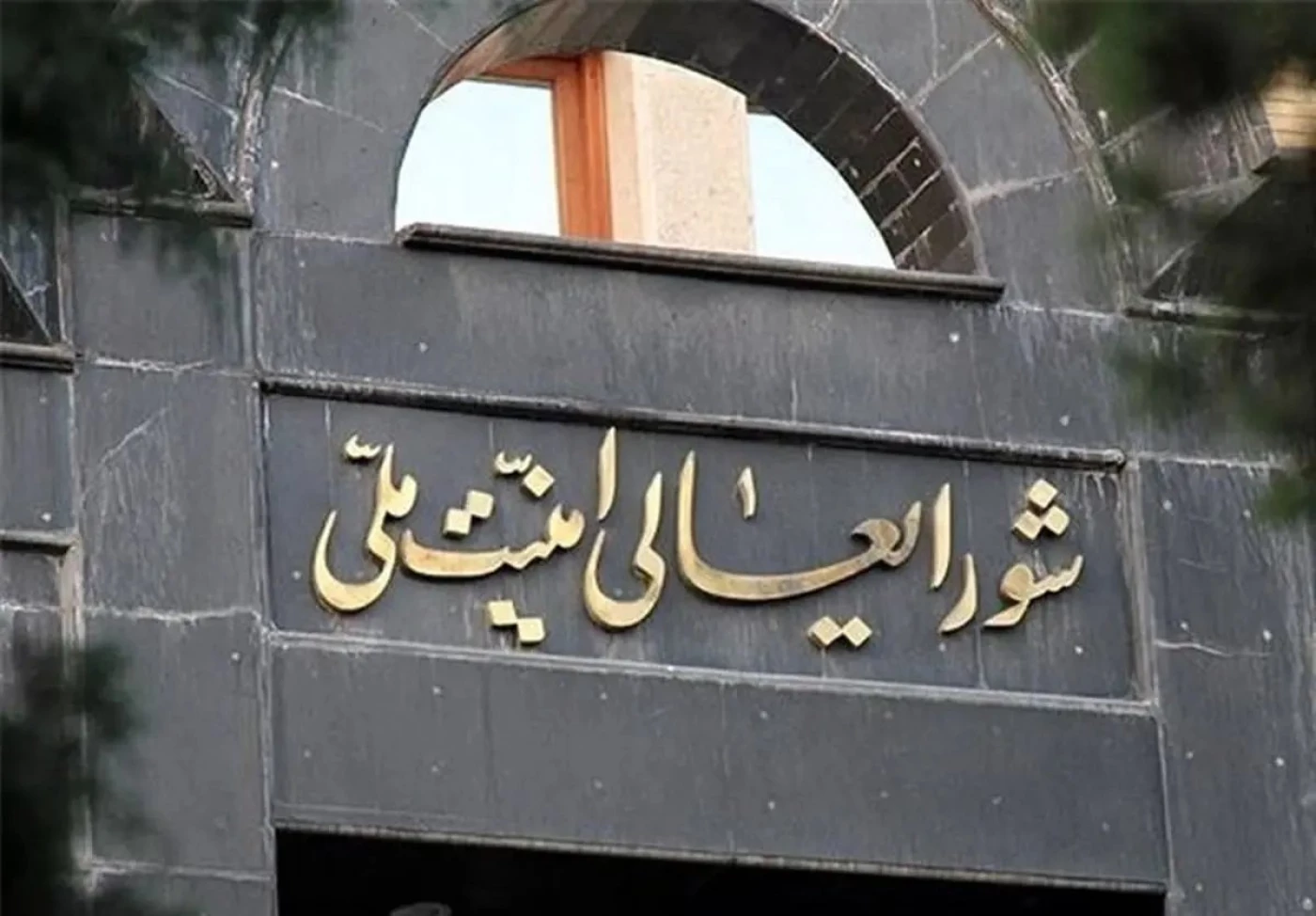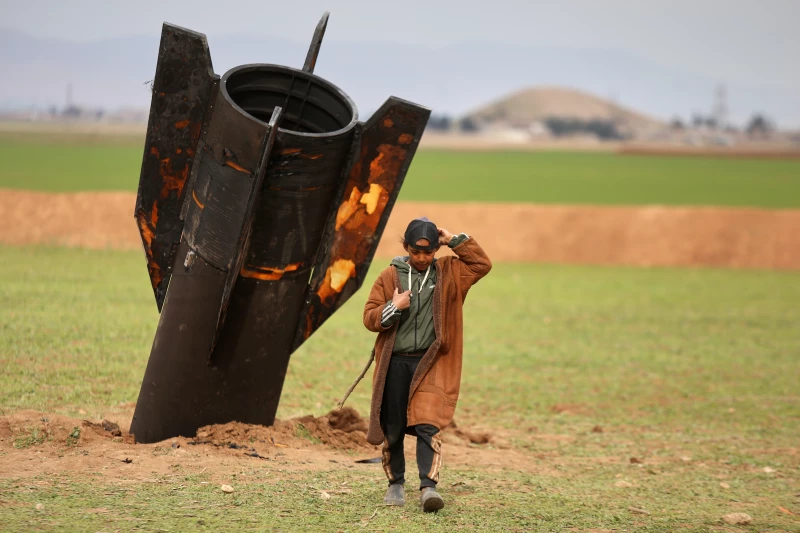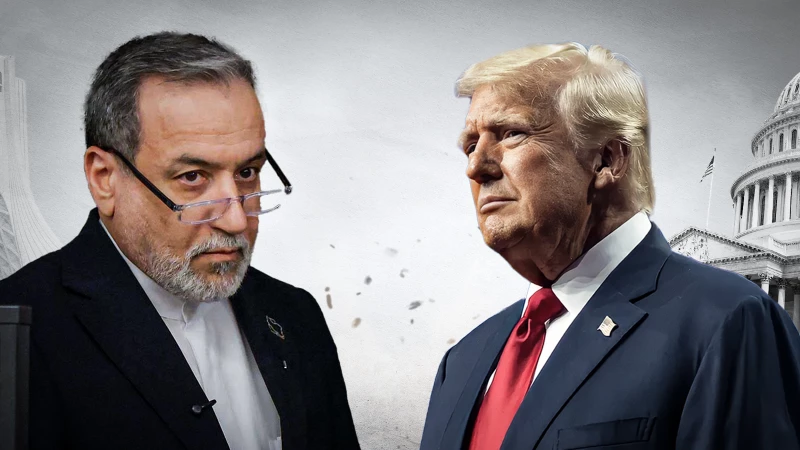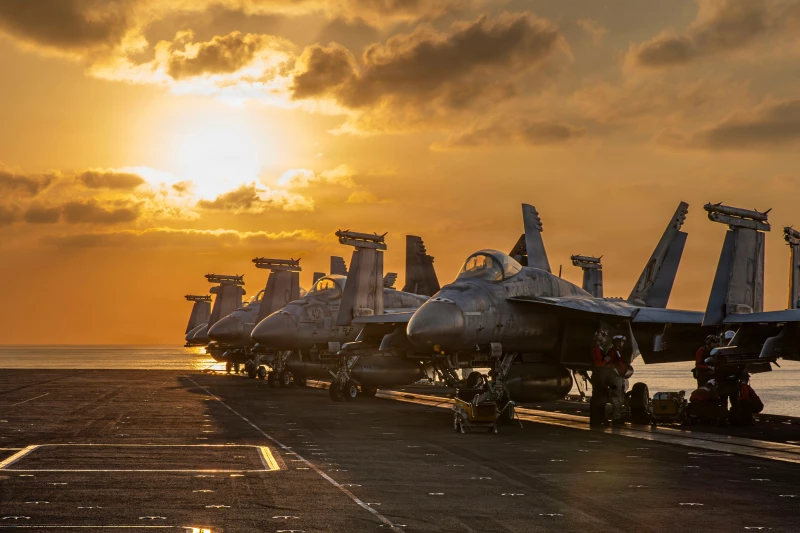ERBIL, Kurdistan Region of Iraq - Iran announced on Sunday that the UN nuclear watchdog's cooperation with the country's nuclear program will require approval from the Supreme National Security Council (SNSC), days after an agreement was signed to resume working with the agency.
Iranian Foreign Minister Abbas Araghchi and Rafael Grossi, head of the International Atomic Energy Agency (IAEA), inked an agreement in Egypt’s Cairo on Tuesday, outlining the provisions for nuclear safeguarding and IAEA inspection visits in Iran. The agreement comes after the relationship between Tehran and the watchdog experienced a significant deterioration in recent months in the wake of the 12-day Iran-Israel war.
In statement on Sunday, the SNSC said that “Iran will only submit its report to the Agency [IAEA] after obtaining the opinion of the Supreme National Security Council, after creating the necessary security and safety conditions.”
The statement further emphasized that implementation of the cooperation and any action related to the report submitted to the IAEA must be approved by the council, adding that, in the case of any hostile action against Tehran or reinstatement of previously terminated UN Security Council resolutions, “the implementation of these arrangements will be suspended.”
Iran has previously warned that it would abolish agreements and cooperation with the IAEA if the “snapback” mechanism is activated.
Under the 2015 nuclear accord with world powers, officially called the Joint Comprehensive Plan of Action (JCPOA), the snapback mechanism permits the reactivation of UN sanctions if Iran is deemed in violation of its nuclear obligations.
The SNSC's announcement follows growing concern in Iran over cooperation with the IAEA after the war with Israel. Iran believes the agency shared information regarding its nuclear sites, which were subsequently attacked.
Prior to Tuesday’s agreement, Grossi had warned that the window was closing for the agency and Tehran to fully restore the UN nuclear watchdog’s inspections in Iran. The IAEA has not had access to Iran’s key nuclear sites since they were hit in US and Israeli strikes in June.
In August, Iran’s Supreme Leader Ayatollah Ali Khamenei named Ali Larijani as one of his personal representatives to the SNSC, days after he was appointed as the council’s secretary.
Larijani, a senior Iranian politician and former Islamic Revolutionary Guard Corps (IRGC) officer, previously served as Secretary of the SNSC from 2005 to 2007, during which he was Iran’s chief negotiator on national security and nuclear issues.



 Facebook
Facebook
 LinkedIn
LinkedIn
 Telegram
Telegram
 X
X


